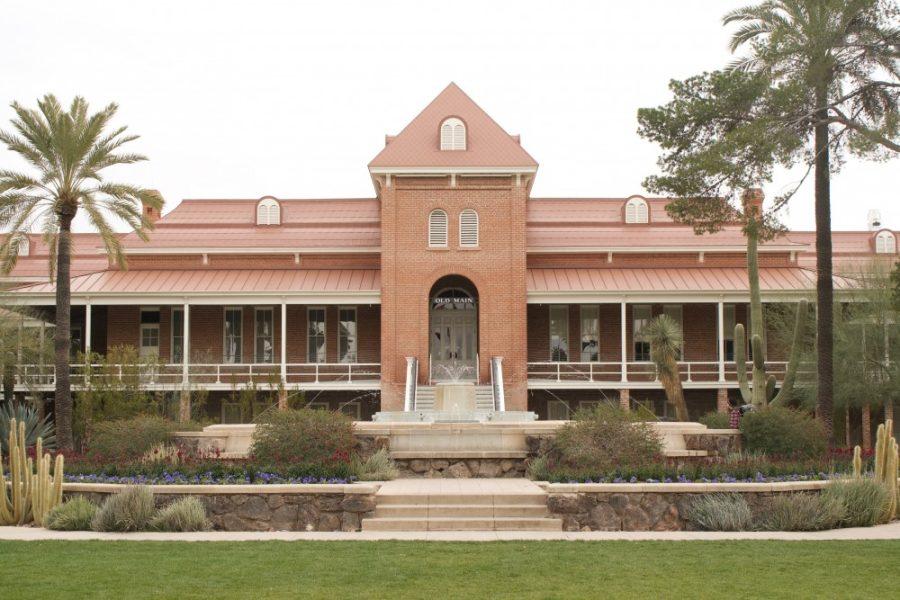With nearly 45,000 students on campus, the University of Arizona is practically a city of its own inside Tucson. Adding so many people to the Tucson population has led some to call for students to count themselves as Tucson residents in the United States census in 2020.
Congress must conduct a census every ten years to count the country’s population. Every citizen must answer the survey.
College students can be hard to count during a census because they tend to use the address they permanently live in rather than where they currently live for school, according to Julie Katsel, senior director of government and community relations at UA.
“College students have been traditionally hard for the census to count because many students are unfamiliar with the importance of completing the census survey and don’t understand that they need to be counted where they live most of the time,” Katsel said.
RELATED: Q&A: Who is the man who donated $15 million to the UA?
If students are not from Tucson, they are still supposed to fill out the census for Tucson if they spend a majority of their time here (at least six months and one day here during the year), according to Katsel.
Why is this so important? The census collects data to inform decision-making that directly affects citizens such as apportioning congressional seats, redistricting and the annual distribution of hundreds of billions in federal funds. According to Katsel, this directly benefits students and not just Tucson citizens. She said that the data from the census is used to determine resource allocation for education, healthcare, housing and transportation, as well as determining Title I Grants to local education agencies.
Matthew Rein, Associated Students of the University of Arizona executive vice president, said a student partnership with ASUA being led by UA’s Government and Community Relations will help students learn how they can fill out the census and why they should say they live in Tucson.
“There is going to be a big push in the next year or so to fill out the census, and we will be doing outreach and going into classrooms and talking about it,” Rein said. “College ambassadors are also reaching out to their colleges and clubs.”
More citizens at the UA means more funding from government agencies, so it’s like a communal deficit if everyone doesn’t fill it out, according to Rein.
RELATED: Meet Lisa Rulney, new CFO of the UA
“According to the federal government, no one goes to UA, and of course that is not true, but the cool thing is that our out-of-state students can still be counted as part of our community,” Rein said. “You as a person want to be counted. It’s like the presidential election, you might want to help make decisions.”
According to ASUA At-Large Senator Rocque Perez, the Pima Association of Governments, which oversees governments across Southern Arizona, took interest in the 2020 census campaign.
“The potential funding that can come from them goes to higher education, so they thought, ‘Why not reach out to the one university in Southern Arizona?’” Perez said. “So from then on after the meeting, we addressed what the census is gonna look like.”
Perez said students who attend UA don’t just have a commitment to the university but to where the university is, which is Tucson.
“This is our chance to instill in students’ minds ‘Hey, you guys are talking about my tuition,’ or ‘Hey, why is housing so expensive?’ Well, this is one source of funding that can address the issue,” Perez said.
The census will begin April 1, 2020. For more information, check the official census website.
Follow Leia Linn on Twitter









